We are celebrating your feast day at a time of pandemic – therefore with a grain of sadness, but also with the joy that comes to us from the conviction that, in following the road you pointed out to us, you come to a glorious destination. Your road is that of ‘works of mercy’ and in particular that of caring for the sick ‘in body and spirit’ in hospitals and in the world. Indeed, you urged us ‘never to provide only spiritual service in hospitals’ (Lt) (See letters for the hospitals of: Mantua, Ge Na, Bull of Clement VIII). Indeed, you knew well that the message of the gospel concerns the whole of man and all men. The events of history, unfortunately, have gone against your orders and your indications.
In many countries we have been reduced almost exclusively to providing a spiritual service. It almost seems that we have listened to you only halfway, as regards spiritual care, whereas corporeal care has almost disappeared from our horizons. This is a reduction that Camillians find difficult to bear. Health-care contexts marginalise us and young people do not find us very appealing, while in the first world we grow older without great hopes. And yet there are very many young people in modern organisations of voluntary work who are dedicated to works of mercy.
In our past and recent history there have been good attempts to retrieve complete care for the sick that made the Order flourish again. These attempts had the courage to look at the greatness of the human person who has been saved entirely and we cannot be witnesses to the Kingdom of God taking care only of the spirit of a person and not of the whole man. The great appeal of the Redemption lies in a holistic approach to man, made of flesh and spirit.
Our world has become very systematic and very precise. Every action is regulated by law. Today we cannot do what you did, dear Father St. Camillus. To serve and care for the sick you need to have the forms of professionalism that are required, but Camillians, with some exceptions, have not given importance to professionalism and thus we run the risk of being unprepared and marginalised. The strangeness of this reality is that you indicated to us that ‘every kind of study is not only convenient but also necessary for our religion…as a means by which to achieve our ministry’ (Vm,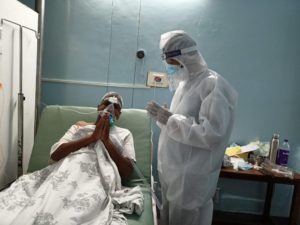 pp. 131-32, edited by Sannazzaro).
pp. 131-32, edited by Sannazzaro).
I ask myself: is it not the case, as has already happened in our history with positive results, that we should think anew about ‘complete service’ and train in a suitable way the few or many young men that the Lord will give to the Order? Exactly as you, Fr. Camillus, wanted, and which the ancient documents of the Camillians narrate, and the requirements of the renewal of the Second Vatican Council that call upon us, and the organisation of the modern world requires? I ask myself: why not meet the challenge by drawing up a new vision, preparing our religious in a professional sense as well, in order to preach the Gospel in the modern world by ‘healing the sick’? It seems to me that these are suggestions that come from the Second Vatican Council: ‘The updating of institutes depends to the highest degree upon the formation of their members…which includes religious and apostolic, doctrinal and technical formation, with the obtaining of qualifications as well’ PC 18.



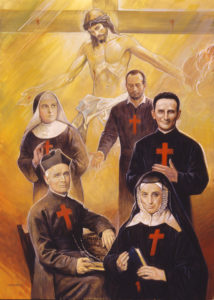
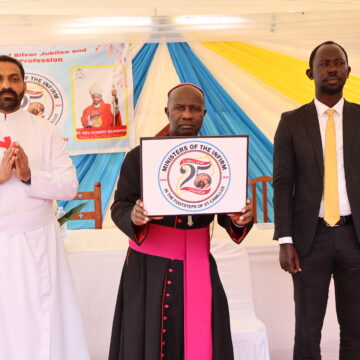
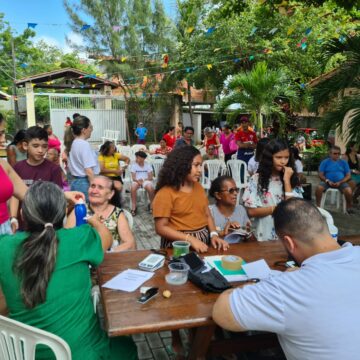
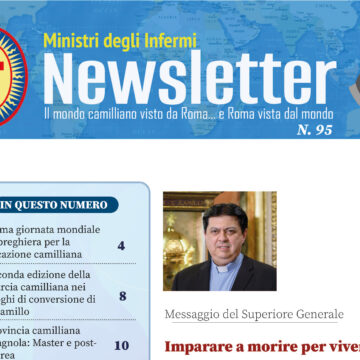
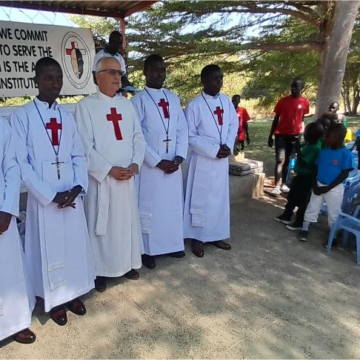
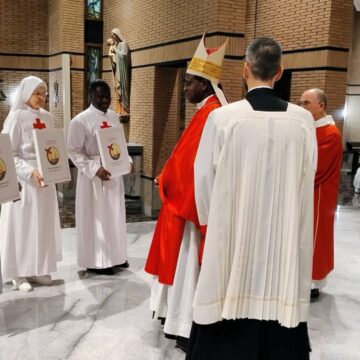

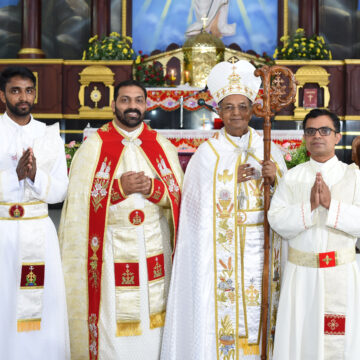
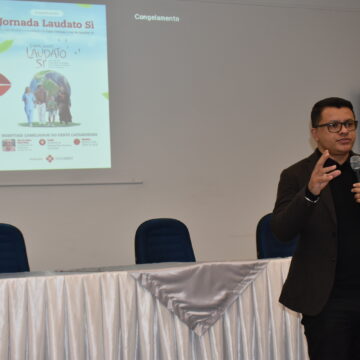
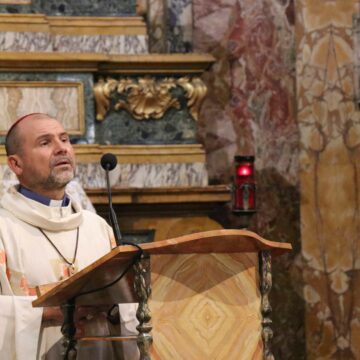
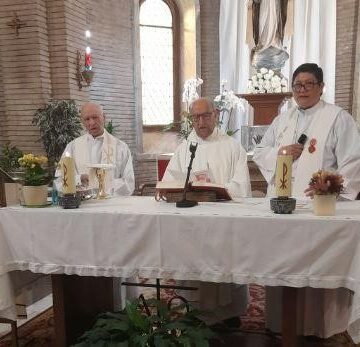
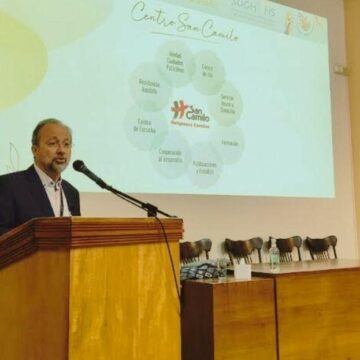
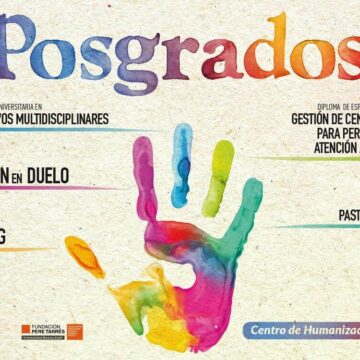
Camillians on Facebook
Camillians on Twitter
Camillians on Instagram